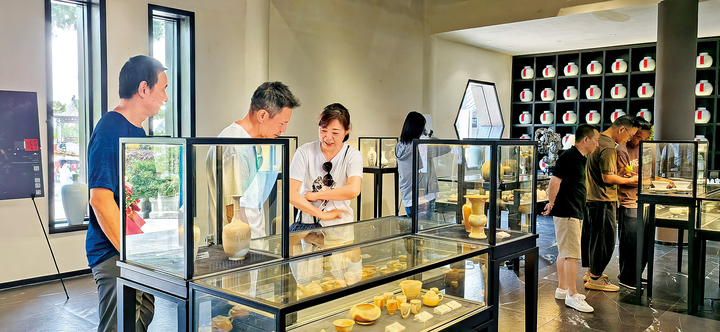您现在的位置是:半岛新闻网 > 资讯
'UN repatriation order on N. Korea workers may have limited impact'
半岛新闻网2024-09-22 05:42:37【资讯】1人已围观
简介North Korean factory workers head to work before dawn in Dandong, a Chinese city on the border with
 |
| North Korean factory workers head to work before dawn in Dandong, a Chinese city on the border with North Korea, Dec. 5. AP-Yonhap |
By Park Ji-won
The United Nations' measure to remove all North Korean overseas workers, even those with valid work permits, will have limited impact on the North even after its Sunday deadline, experts say, amid difficulties of monitoring unregulated labor markets especially in China and Russia.
The U.N. Security Council's sanctions were imposed in December 2017 ordering its member nations to repatriate all North Korean employees from their territory within 24 months, or by Dec. 22, in an apparent move to pressure the North for its nuclear weapons production after it tested a long-range missile in 2017. There are no penalties, however, for not following the decision.
The 100,000 North Koreans working overseas, mostly in China and Russia, are reportedly earning more than $500 million a year, contributing to Pyongyang's economy. China allegedly hosts 50,000 North Korean workers and Russia has 30,000, accounting for around 80 percent of the entire North Korean overseas workforce.
Under the sanctions, 23,200 North Korean workers have so far been repatriated as of Nov. 19 according to research. A total of 18,533 North Korean workers left Russia, accounting for about 80 percent of the returnees. However, China and Mongolia declined to reveal their exact numbers of North Korean workers, meaning there will be no way to find out whether the country holding the most North Korean workers actually sent the workers home.
Critics say the measure will have limited impact on the North's regime as there are loopholes in the measure such as issuing travel visas instead of work permits.
"There are high possibilities that (China and Russia) will change the visa status of those workers to another visa status such as travel and study as China and Russia need the North's labor supply and vice versa," Kim Dong-yub at Kyungnam University said, while citing the proposals China and Russia made to the U.N. last week which called for the ban to be lifted.
Stressing that such sanctions would have no effect on the North Korea regime, Kim added, "Of course, North Korea will lose some legitimate sources of foreign currency, but there are many ways to make up for it. (The North) will manage to move on."
Another expert pointed out the effectiveness of such sanctions is largely dependent on the positions of China and Russia.
"A global sanctions regime is not a perfect way as people may think because it needs cooperation from other sovereign nations. But it is not incompetent at all. Still, regarding the effectiveness of U.N. sanctions against the North in general since 2006, including one against the North Korean workers, the roles and positions of China and Russia will be key factors and we should take into consideration that such a situation will last in the future," Jeong Eun-sook, senior research fellow at Sejong Institute, wrote in a recent report released on Dec. 12.
Jeong also pointed out that China may use the situation as diplomatic leverage in negotiations with the United States.
She also urged the South Korean government to check the humanitarian moves that European countries and international organizations may take regarding the North Korean workers who decide not to go back to Pyongyang after the deadline and take appropriate measures as there is the possibility they would end up having unstable status in overseas countries.
 |
| A bus carries North Korean female workers across the Sino-Korean Friendship Bridge from North Korea's Sinuiju to China's Dandong, Dec. 5. AP-Yonhap |
很赞哦!(3813)






